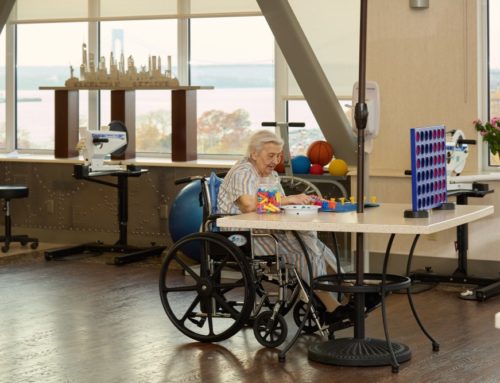It is well known that dementia affects speech and language. Indeed, one of the symptoms of dementia may be communication problems. The condition can develop slowly or be brought on, for instance, by a stroke. Dementia is not a normal part of ageing, or inevitable as we grow older, but it mainly affects elderly people.
Why dementia affects speech?
Dementia is a brain disease and takes many forms. This condition may affect a person’s ability to speak normally. Speech problems can be caused by physical difficulties in speaking—problems with the muscles that allow us to form speech. Alternatively, dementia may affect comprehension.

Speech therapy can help!
Speech therapy specialists can help slow down the degenerative process and keep people talking for longer. Early speech therapy intervention can make a huge difference to quality of life for dementia sufferers. It can help them stay independent and feel better in themselves.
Speech and language problems among dementia sufferers will vary from one individual to the next. They may also vary from one day to the next. How far the disease has progressed—what stage it is at—may also affect the ability of patients to communicate.
Haym Salomon Home for Nursing and Rehabilitation in Brooklyn provides professional speech therapy for patients with dementia. Dementia affects speech and our Home can help you or your loved ones keep talking for much longer.
Aphasia versus dysphasia
Having great difficulty explaining something, or talking, is known as aphasia. It’s an impairment of language and may also affect the ability to write or read, or even gesture. It’s common in people with different types of dementia. In early stages of the disease this may just mean the person forgets a word or name, or has trouble following a conversation.
Dysphasia has the same causes and symptoms but is less severe. Sufferers may have difficulty understanding and using words and sentences. They may have difficulty finding the right word, make grammatical mistakes, or jumble up words in a sentence.
How do you get a dementia patient to talk?
Caring for dementia patients requires skill, understanding and compassion. The way you say something is often more important than what you say. It’s important for carers to understand that patients may be very stressed and frustrated by not being able to communicate.
Experienced carers of patients whose speech is affected by dementia are sensitive to their needs and listen actively. They encourage patients with smiles and gestures, ensure there are no distractions, and talk in a warm and calm voice. In addition, they talk about one thing at time and use simple language or pictures to get their message across. They refer to people by using their name, and the key thing is to show empathy and understanding.
Speech therapists are a key part of the multidisciplinary team providing care to speech-affected dementia patients. In addition, they help ensure awareness among home care workers, clinicians and others of the importance of improving communication outcomes for patients.
In the later stages of dementia, patients with communication problems often have trouble eating and drinking. Swallowing may be difficult and this where speech therapists need to work closely with clinicians to get the best outcomes.
Being able to converse with others is crucial for socializing. People who cannot communicate easily are more prone to becoming socially isolated. Research suggests that social isolation can cause dementia symptoms to progress more rapidly. So do have your speech therapy to help prevent dementia from affecting your speech and language.
This content comprises informative and educational resources only and can not be considered as a substitute for professional health or medical guidance. Reliance on any information provided in this article is solely at your own risk. If you have any inquiries or apprehensions about your medical condition or health goals, talk with a licensed physician or healthcare provider.






Leave A Comment